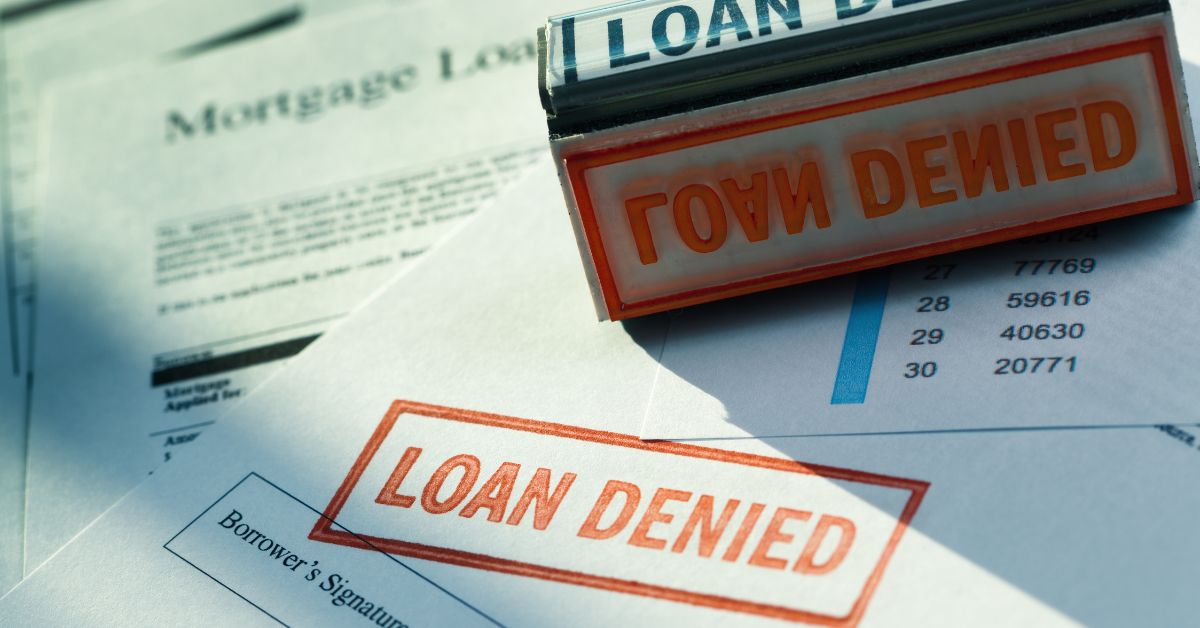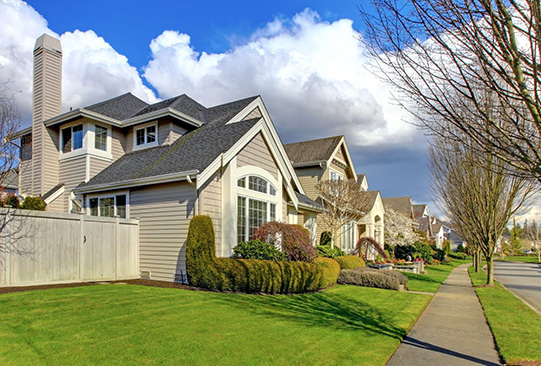Is It Worth It to Put More Than 20 Percent Down?
 Are you thinking of buying a new home this spring or summer? If so, you’re not alone. Many thousands of individuals and families alike will become homeowners this year. Whether you’re a first-time buyer or a seasoned veteran of the housing market, you probably know there are significant choices to make. One of the big decisions you will have to ponder is how much you want to invest in your down payment.
Are you thinking of buying a new home this spring or summer? If so, you’re not alone. Many thousands of individuals and families alike will become homeowners this year. Whether you’re a first-time buyer or a seasoned veteran of the housing market, you probably know there are significant choices to make. One of the big decisions you will have to ponder is how much you want to invest in your down payment.
With that in mind, let’s try to answer the question of whether or not it is worth it to put more than 20 percent of the home’s price in your down payment.
Ask Yourself: How Liquid Are You?
Before you can decide how much to put down, you first need to determine how liquid your finances are. That is, how much cash do you have access to? For example, if you are considering a $300,000 home, a 20 percent down payment is $60,000. If you have more than $60,000, fantastic. However, if you have less than that, you might have to do a bit of work to save up the remainder.
Even if you do have enough available cash now, you won’t have access to it once you take possession of the home. It is important to leave yourself with some cash in case of emergencies or for other uses.
Higher Down Payment, Lower Interest Rate
If you do choose to invest more than 20 percent in your down payment, it’s possible that you will gain access to a lower interest rate for your mortgage. Many lenders look favorably on homebuyers that are investing more of their own money and borrowing less. Be sure to check with your mortgage advisor to find out if you qualify for lower rates.
Lower Monthly Payments Await
Finally, choosing a down payment higher than 20 percent means that you will have lower monthly mortgage payments in the future. You are borrowing less so you will owe less. This can provide a nice boost to your monthly budget moving forward as you will have more free cash flow each month.
Try to keep in mind that there is no perfect answer to the question of how big your down payment should be. Choosing the best course of action means taking a good, long look at your current financial situation and deciding what your goals are. When you’re ready to discuss buying a new home contact us. Our professional mortgage team is happy to share our experience!

 So you’ve been pre-approved for a mortgage – great! You’ve taken the first step toward becoming a homeowner. But before you start picking out china patterns, you’ll want to keep in mind that a pre-approval isn’t the same thing as a mortgage agreement. There’s still no guarantee that you’ll actually get a mortgage.
So you’ve been pre-approved for a mortgage – great! You’ve taken the first step toward becoming a homeowner. But before you start picking out china patterns, you’ll want to keep in mind that a pre-approval isn’t the same thing as a mortgage agreement. There’s still no guarantee that you’ll actually get a mortgage. Outside of the significant financial responsibility of delving into home ownership, there can also be a lot of other risks involved that you may not have thought about before investing in a home. You’ll need to protect your home against theft or burglary. And homeowner’s insurance to protect your home and belongings is almost a requirement. But there are other less common occurrences you may not have thought about. If you happen to be living in an area that’s at high risk of fire, here are some things to consider beforehand.
Outside of the significant financial responsibility of delving into home ownership, there can also be a lot of other risks involved that you may not have thought about before investing in a home. You’ll need to protect your home against theft or burglary. And homeowner’s insurance to protect your home and belongings is almost a requirement. But there are other less common occurrences you may not have thought about. If you happen to be living in an area that’s at high risk of fire, here are some things to consider beforehand. U.S. military veterans have opportunities to enjoy some richly-deserved benefits in other aspects of their lives, including some special options for financing their homes. VA loans may give active military personnel, retired veterans, and sometimes surviving family members of veterans the ability to purchase homes that might not prove available to them through more conventional mortgage loans.
U.S. military veterans have opportunities to enjoy some richly-deserved benefits in other aspects of their lives, including some special options for financing their homes. VA loans may give active military personnel, retired veterans, and sometimes surviving family members of veterans the ability to purchase homes that might not prove available to them through more conventional mortgage loans. Whether the kids have moved out or you just aren’t using the extra bedrooms, having a house that feels ‘too big’ is rarely fun. In today’s post, we will share a few changes you can expect when you downsize from a large house to a smaller apartment or condo.
Whether the kids have moved out or you just aren’t using the extra bedrooms, having a house that feels ‘too big’ is rarely fun. In today’s post, we will share a few changes you can expect when you downsize from a large house to a smaller apartment or condo.